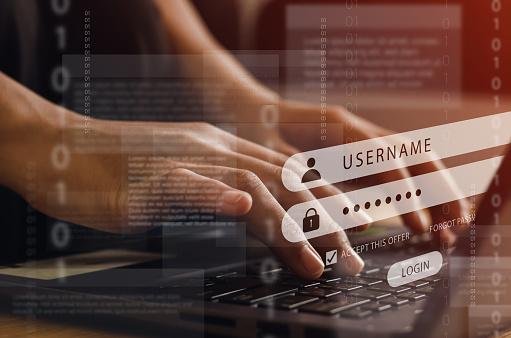According to research by Avast, wAbout 66% of Brazilians know other people’s online passwords; password sharing is something that happens mostly between couples. The company also reported that 73% of respondents know their current partner’s password, and 18% know their former partner’s password.
A total of 1,021 men and women were interviewed who claimed to share their devices, passwords, online tools, bank accounts, and even their location with business partners. 35% of total respondents say they are victims of people accessing their accounts and changing their passwords without their consent.
“Research has revealed that this is often not controlled, both within a relationship and, more worryingly, after relationships end, an Avast statement disclosed.
Of those who claim to know their ex’s password, 64% say they still have access to their ex-boyfriend’s Facebook account, while another 64% say they still have access to their ex’s work email account. Regarding previous relationships, though, 16% of people say they can access their ex’s current location through apps like Find My Friends that share the location of Google or Snapchat.
shared passwords
“These are truly alarming statistics. Gone are the days of simply returning each other’s personal belongings and door keys when a relationship ends. While we know people share passwords and devices with a partner, such behavior can have a very dark side – especially when women are forced to share their passwords. ‘ said Javier Rincón, Regional Manager for Latin America at Avast.
In its official statement, Avast states that the survey was conducted by the US company Dynata by interviewing more than a thousand Brazilians between August 26 and September 7, 2022.
According to Michal Salát, Avast Director of Threat Intelligence, 2023 is expected to be a year full of social media attacks. The company anticipates multiple hits, primarily phishing attacks, via messaging apps and calls – when it comes to calls, criminals use social engineering to deceive people.
In any case, the company claims that if scammers demand money to return stolen data, the year should be marked by problems with ransomware.
“This puts people’s personal information at risk and poses a double risk to companies: Both the loss of confidential files and a data breach can have serious consequences for their business and their reputation,” says Salát.
Source: Tec Mundo
I am a passionate and hardworking journalist with an eye for detail. I specialize in the field of news reporting, and have been writing for Gadget Onus, a renowned online news site, since 2019. As the author of their Hot News section, I’m proud to be at the forefront of today’s headlines and current affairs.










